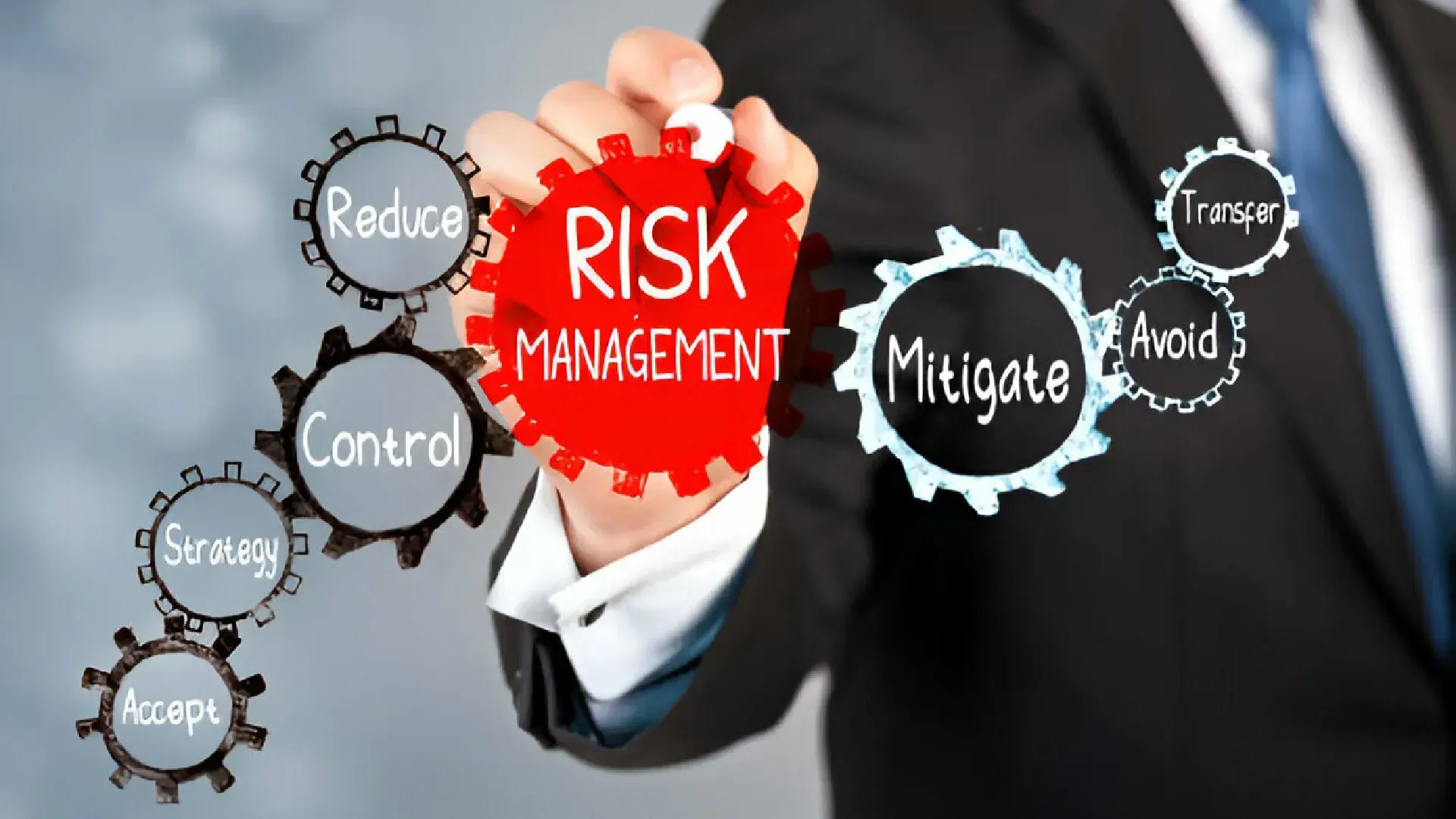Commercial Real Estate - Tips for Evaluating Properties

Commercial real estate investing offers lucrative opportunities for building wealth, but success hinges on making informed investment decisions. One of the crucial steps in this process is evaluating commercial properties effectively. In this comprehensive guide, we'll share expert tips and strategies for evaluating commercial properties to help you make sound investment choices.
1. Define Your Investment Criteria
Before diving into property evaluation, it's essential to define your investment criteria. Determine your investment objectives, risk tolerance, target market, and desired property type. Are you interested in office buildings, retail centers, industrial properties, or multifamily residences? Clarifying your investment criteria will guide your property search and evaluation process.
2. Conduct Thorough Market Research
Market research is fundamental to evaluating commercial properties effectively. Analyze market trends, supply and demand dynamics, vacancy rates, rental trends, and economic indicators in your target market. Identify emerging growth areas and market niches with favorable investment prospects. Understanding the market landscape will inform your property selection and investment strategy.
3. Assess Property Location
Location is a critical factor in commercial real estate investment. Evaluate the property's proximity to transportation hubs, major highways, amenities, and target demographics. Consider factors such as population density, income levels, and business environment in the surrounding area. A prime location can enhance property value and attract quality tenants, contributing to long-term investment success.

4. Evaluate Physical Condition and Quality
Inspect the physical condition and quality of the commercial property thoroughly. Assess structural integrity, building systems, mechanical components, and interior finishes. Consider hiring a professional inspector to identify any potential issues or maintenance concerns. A well-maintained property with modern amenities and infrastructure will command higher rents and attract tenants more effectively.
5. Analyze Financial Performance
Evaluate the financial performance of the commercial property by reviewing income, expenses, and cash flow projections. Scrutinize historical financial data, including rental income, operating expenses, and occupancy rates. Conduct a thorough financial analysis to calculate key metrics such as net operating income (NOI), capitalization rate (cap rate), and cash-on-cash return. Ensure the property's financial performance aligns with your investment objectives and expectations.
6. Consider Potential for Value-Add Opportunities
Look for value-add opportunities that can enhance the property's value and generate higher returns. Identify properties with underutilized space, deferred maintenance, or opportunities for renovation and repositioning. Evaluate the feasibility of implementing value-add strategies such as lease renegotiation, tenant improvements, or property redevelopment. Investing in properties with value-add potential can lead to increased cash flow and appreciation over time.
7. Perform Due Diligence
Prior to finalizing a commercial property investment, conduct thorough due diligence to mitigate risks and uncover potential issues. Review legal documents, zoning regulations, environmental reports, and property surveys. Verify lease agreements, tenant profiles, and lease expirations to assess the stability of rental income. Engage legal and financial professionals to assist with due diligence and ensure a comprehensive evaluation of the property.
8. Seek Professional Guidance
Consider seeking guidance from experienced professionals in commercial real estate investing. Work with a knowledgeable real estate agent, broker, or investment advisor who specializes in commercial properties. Collaborate with attorneys, accountants, and property managers to navigate complex legal, financial, and operational aspects of commercial real estate transactions. Leveraging the expertise of industry professionals can help you make informed investment decisions and maximize returns.
Conclusion
Evaluating commercial properties is a crucial aspect of successful real estate investing. By following these expert tips and strategies, you can conduct thorough property evaluations and make informed investment decisions. Define your investment criteria, conduct market research, assess property location and condition, analyze financial performance, consider value-add opportunities, perform due diligence, and seek professional guidance. With careful evaluation and strategic planning, you can unlock lucrative opportunities and build a successful commercial real estate portfolio.
CONTACT US
Call 855-400-2254 or send us an email
VISIT US
55 Ivan Allen Jr. Blvd, Suite 340 Atlanta, GA 30308-3050
MAIL TO
55 Ivan Allen Jr. Blvd, Suite 340 Atlanta, GA 30308-3050






